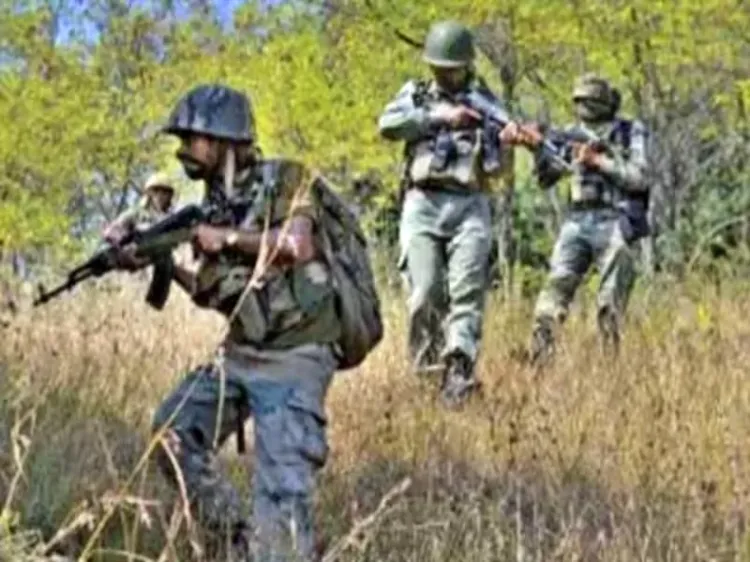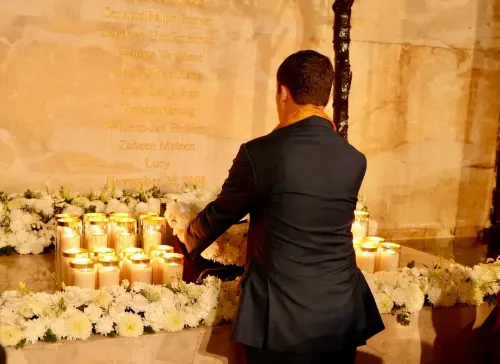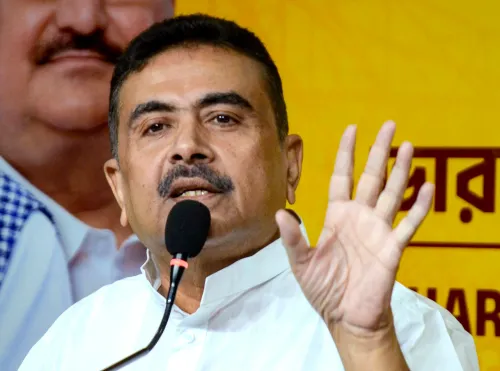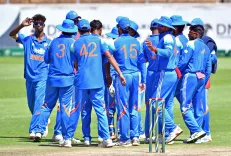Is the Ceasefire a Genuine Offer or a Diversion? Maoists Face Losses and Internal Discord

Synopsis
Key Takeaways
- Maoists are facing internal discord and leadership challenges.
- Ceasefire offers have been made, but their authenticity is under scrutiny.
- The government is skeptical about the motives behind the ceasefire.
- Financial difficulties are worsening the plight of the Maoists.
- Ongoing security operations will not be halted unless verified.
New Delhi, Sep 18 (NationPress) It has become increasingly evident that the Maoists in India are losing momentum. Between April and September of this year, two ceasefire proposals were extended by the Maoists.
While authorities are assessing the authenticity of these offers, skepticism remains high. The Union Home Minister has established a deadline of March 2026 to eradicate the Maoist threat in India.
He has stated that they must either surrender by the deadline or confront security forces, jeopardizing their own lives.
In April, a coalition of 54 organizations urged both the Maoists and the Indian government to declare a ceasefire and cease violent actions.
Earlier this week, the Communist Party of India (Maoist) declared a temporary halt to its armed resistance.
They also proposed a one-month ceasefire to facilitate peace negotiations with the government.
These events follow a wave of Maoist surrenders recently. While this indicates a shift in the Maoists’ mindset, security agencies remain cautious and are unwilling to make commitments until all facts are verified.
Several factors have contributed to this call for a ceasefire.
Officials report that the Maoists are currently fragmented internally.
After suffering significant losses, there is considerable discord among them, with some factions advocating for continued resistance while others seek peace with the government.
The recent ceasefire proposal was conveyed through a letter penned by Abhay, an alias for senior leader Mallojula Venugopal, who is also known as Bhupathi and Sonu.
If this letter proves legitimate, it marks a crucial development as Venugopal is a member of the outfit’s politburo and central committee.
Security officials indicate that there will be no immediate reply to the offer until thorough verification is completed. The letter could signify a split within the group or merely a diversionary tactic.
At present, the Maoists find themselves in disarray and will need time to regroup. Should the government agree to a ceasefire, it would imply that security forces would refrain from action.
This would provide the Maoists ample opportunity to regroup and recruit. Additionally, the recent strong actions taken by security forces have further fragmented and demoralized the Maoists, especially following the death of their prominent leader Basavaraju in May.
Since then, there have been numerous changes, and the organization has yet to appoint a new leader. Conversely, the government remains open to a ceasefire if it is a sincere offer.
However, a ceasefire and ensuing peace talks do not guarantee that those Maoists laying down arms will evade legal consequences.
Authorities have stated that the law will take its course.
If investigators determine that the letter is not a diversionary tactic, the Maoists could be facing significant challenges.
Recently, they have encountered substantial losses, and their ideology appears to be waning as senior leaders have either died or been killed.
The newer recruits, who serve as foot soldiers, lack alignment with the ideology, fighting instead due to financial incentives or threats. Such tactics are unsustainable.
Moreover, dwindling financial resources have exacerbated the Maoists’ plight.
Currently, the government is taking no chances. Every measure is being implemented to verify the letter's authenticity. Even if the letter is valid, the intent will still need to be scrutinized.
As of now, there are no directives for security forces to scale back their operations. All planned operations will proceed, and the conflict remains ongoing.










